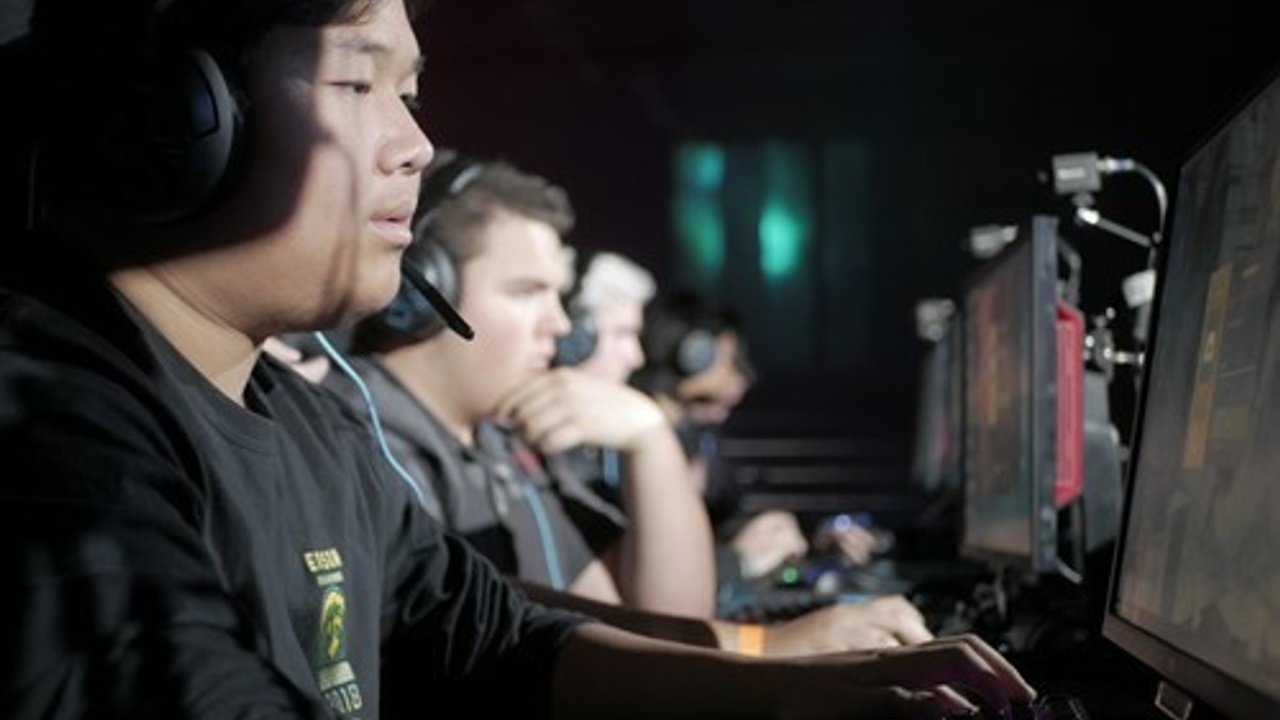Smurfing: What's the Big Deal?
Feb 11, 2019
Our 2019 Winter League of Legends tournament is well underway! We’re excited to see teams from all over North America come together and build their communications skills, engage in team building and continue their esports journey.
Last week, we received several misconduct reports surrounding one specific topic that almost all Tournament Organizers deal with: Smurfing.
Smurfing is a complicated issue for Tournament Organizers. While we don’t have the capabilities to see the IP addresses of players like game developers do, we still do our due diligence and investigate with the tools and experience we have.
These are tough decisions because they impact a whole team, thereby impacting the whole tournament. At NASEF, we’ve assembled a Tournament Advisory Board with high-skilled players, collegiate coaches, managers and other tournament administrators that work with me, the Tournament Organizer. This is to ensure that any ruling that comes out of our NASEF Rules Committee is as fair as it can be.
We asked a few members of our Advisory Board what they think of smurfing, and how it could affect the tournament from their perspective:
Lyubomir "Bloodwater" Spasov is an ex-LCS League of Legends player. He currently plays for the UCI Esports League of Legends Varsity scholarship team.
Spasov on the LCS Arena stage in Santa Monica, California competing for the 2018 College League of Legends Championship.
“Basically, smurfing inhibits individual growth. If one person does, like, 90% of the work, then other players are not given the chance to get past challenges as a team. They don’t use strategies or techniques that they'd have to come up with in-game; there’s less communication and teamwork. It pretty much dissolves the competition aspect we care about from the players.”
As a former professional League of Legends player, Spasov provides critical insight on the player experience. His familiarity with the professional scene lets us know what standards and protocols are expected in that level of play.
James "Coachman" Bates is the head coach for the UCI Esports League of Legends Varsity team. He has previously contributed to ESPN Esports and has worked for SpaceX.
Bates preparing for the tournament draft during a 2018 College League of Legends match at the LCS Arena.
“Smurfing undermines a fundamental aspect of the competitive integrity of any kind of tournament like this. You know who you’re playing. Imagine if a pro player signed up for your tournament under a smurf name. It’s very important for you to know who your opponent is for research and planning.”
As the head coach for the 2018 College League of Legends Champions, Bates knows how much scouting, analysis and planning he and his coaching staff has to do to prepare for an official tournament match. If even one of the opponent’s team members was intentionally hiding their true League of Legends account, this completely disrupts the strategy the team created for that match.
Chansoo "Lootre" Park is a former UCI Esports Overwatch Varsity scholarship player. He currently works for Tespa, Blizzard's collegiate esports division, as a Tournament Administrator. He also provided support for NASEF's Overwatch season in Fall 2018.
Park with the rest of the UCI Esports Overwatch Varsity team during the 2018 Overwatch Fiesta Bowl Collegiate Championship in Tempe, Arizona.
"Competitive integrity creates a fair and balanced environment for players to compete in. As esports is built around competitive integrity, it should be taken very seriously. Smurfing suppresses this idea by potentially hiding the ability of the player and preventing their opponents to strategically prepare for their match."
As someone who has plenty of experience as both a competitor and organizer for esports, Park sees the frustration all parties have with smurfing. From a logistical standpoint, tournament administrators have to do a lot of back end work to resolve any match scores affected by the smurfing account in question.
We hope that this gives a better understanding of importance of playing fairly. There’s an involved decision-making process that we go through every time we receive a report specifically about tournaments. We take it very seriously and uphold the standard that Riot Games has for their official leagues. This means that if a student is caught smurfing, we would have to consider the outcome of the tournament matches they played while smurfing, and change the score if necessary. If the student repeats the offense, it could lead to a player disqualification, and even a team disqualification if the Club is uncooperative with the ruling.
To all teams in our 2019 League of Legends Tournament - Good luck, have fun, and remember to follow the rules!
ABOUT THE AUTHOR
Jessamyn "isay" Acebes currently serves as the League Operations Coordinator for NASEF. Anything tournament related you see from us is produced and managed by her. Right now she's pretty preoccupied with the League of Legends tournament, but she's managing to squeeze in time to stream and play Apex Legends.
